A mellow melody floated through Dave Duggan’s apartment in his Kentwood, Michigan, senior community.
His cup of morning coffee steamed close at hand as he sat peacefully, focused on the rising sun.
His thoughts wandered to gratitude.
“Meditation aligns my brain for the day,” he said. “And it helps with fasting.”
Fasting has been an integral part of Duggan’s weight loss journey—a journey that began somewhat by chance.
“I stumbled into Lifestyle Medicine at the Downtown Market in Grand Rapids,” he said. “For years, I had been trying to lose weight, without success. But then I found this program and it all came together.”
These days, Duggan closes up his kitchen at 6 p.m. every evening. He holds off on breakfast until at least 14 hours later.
“I was more than 300 pounds back in November 2021,” he said. “And now, eight months later, I am down 70 pounds and still losing.”
It all began with that first step.
Changing a lifestyle
When Duggan first visited the Lifestyle Medicine team in late fall 2021, he met with Carolyn Vollmer, MD, a physician with Lifestyle Medicine.
“We meet patients where they are,” Dr. Vollmer said. “And then we strategize the right changes for each patient, customized to the individual.”
That’s because everyone is different, Dr. Vollmer said.
“We take a holistic approach,” she said. “We talk to the patient about their personal goals, what has meaning for them. We look at their chronic disease burden, their habits in terms of exercise and diet, sleep patterns, substances they use. Lifestyle habits are all interwoven.”
If you don’t get good quality or enough sleep, for example, you’re more likely to eat more calorically dense processed foods during the day to keep your energy up.
Lifestyle Medicine’s board-certified physicians, registered dietitians and health coaches partner with patients to shape personal lifestyle prescriptions.
When Dr. Vollmer met with Duggan, she learned he had gained weight in recent years. He also had high cholesterol and sleep apnea.
Duggan told her he wanted to lose weight to help prevent disease and reverse existing conditions.
They talked about nutrition, exercise, meditation, fasting and mindfulness.
“There’s good science behind fasting at least 12 hours,” Dr. Vollmer said. “Most people can do it easily enough if you think of the time you sleep as most of the fast.”
Cooking is the other part of the puzzle. It lets you control what’s in your food.
On this front, Duggan has enjoyed using his Instant Pot, a multi-cooker that gives him plenty of preparation options.
But what you cook is just as important as how you cook.
“We recommend Mediterranean or plant-based diets, eliminating processed foods and refined sugars—and generally becoming a label reader in the grocery store,” Dr. Vollmer said. “Mindful eating means putting away distractions at mealtime, slowing your pace and chewing slower, enjoying the taste.
“And we need to move every day. Even just walking 20 to 30 minutes daily.”
Feeling better
Duggan has been intrigued with the program from the start.
“I’ve learned a lot,” he said. “I enjoy cooking, so I was interested in the culinary classes that Lifestyle Medicine offers.
“I learned about added sugars. I was already a vegetarian, but I learned that some of what I was eating and drinking—fruit juices, yogurt with fruit on the bottom, kefir, jarred sauces, and ketchup—still had sugar in them.”
One of his first moves was to eliminate sugars.
“With that alone, I lost 10 pounds in the first month,” he said.
Duggan also learned much about the benefits of a plant-based diet. He went from vegetarian to vegan, eliminating milk and other dairy products from his kitchen. He substituted nut milks and expanded on vegetables in the dishes he cooked.
“Both of my parents passed of cancer,” Duggan said. “But with our lifestyle, we can do something about preventing cancer and heart disease.
“As I get older—I’m 67 now—I think about that more. We can’t control the genetics that we inherit, but we can control lifestyle choices with diet and exercise. And healthy lifestyle choices have been found to trump genetics when it comes to disease prevention.”
Duggan also added exercise to his weight loss journey, opting for regularly scheduled workouts at a wellness center.
As he began to shed pounds, he noticed that his hip pain—a constant issue when he weighed 300 pounds—had become less severe.
“I wasn’t necessarily losing weight because of exercise,” he said. “Diet is what does that. But exercise has many other benefits for my health.”
His sleep improved. His cholesterol numbers went down. His energy levels went up.
“I was turning back the clock to my younger self,” he said.
He began to feel better inside, too.
“As I started to feel more energetic, healthier … I had to buy smaller sizes in clothes,” he said. “My self-esteem got healthier.”
Helping others
Enthused with his progress, Duggan wanted to share his story and encourage others.
“People learn by watching what we do, rather than what we say,” Duggan said. “It was important to model the behaviors I wanted to teach others.”
As a resident of a senior community, he reached out to other residents to talk about his new lifestyle. He touched on the plant-based diet, meditation, fasting and exercise.
But he also added a social connection. He began recording a podcast and filmed YouTube videos about his weight loss journey.
Music also helped him.
“Piano,” he said. “The piano, for me, is therapy. I love music. It does something for my brain, creates new pathways. Music can reach through to people with dementia or Alzheimer’s when nothing else can. And that’s something I can bring to my community.”
After initially staying connected on a regular basis, Duggan and Dr. Vollmer now keep in touch every few months.
“That’s something that every patient determines for themselves, too,” Dr. Vollmer said. “How much accountability they want and need. We have virtual medical visits alongside the traditional in-person, so that makes it easy for patients to connect with us.”
While Lifestyle Medicine’s cooking programs are available virtually, health meetups are also offered so that groups of patients can meet with coaches.
“People can share their experiences and learn from each other,” Dr. Vollmer said. “Those are free and happen twice a month.”
Lifestyle Medicine’s physicians also connect regularly with primary care physicians to share updates on the progress of patients.
The update on Duggan? “Dave is doing everything right,” Dr. Vollmer said.
Duggan wouldn’t have it any other way.
“For me, what started out as an effort to achieve weight loss wound up opening a door of possibilities that include extended longevity and prevention and … reversal of age-related disease,” Duggan said. “I’m just getting started. It’s a lifelong and life-changing journey.”
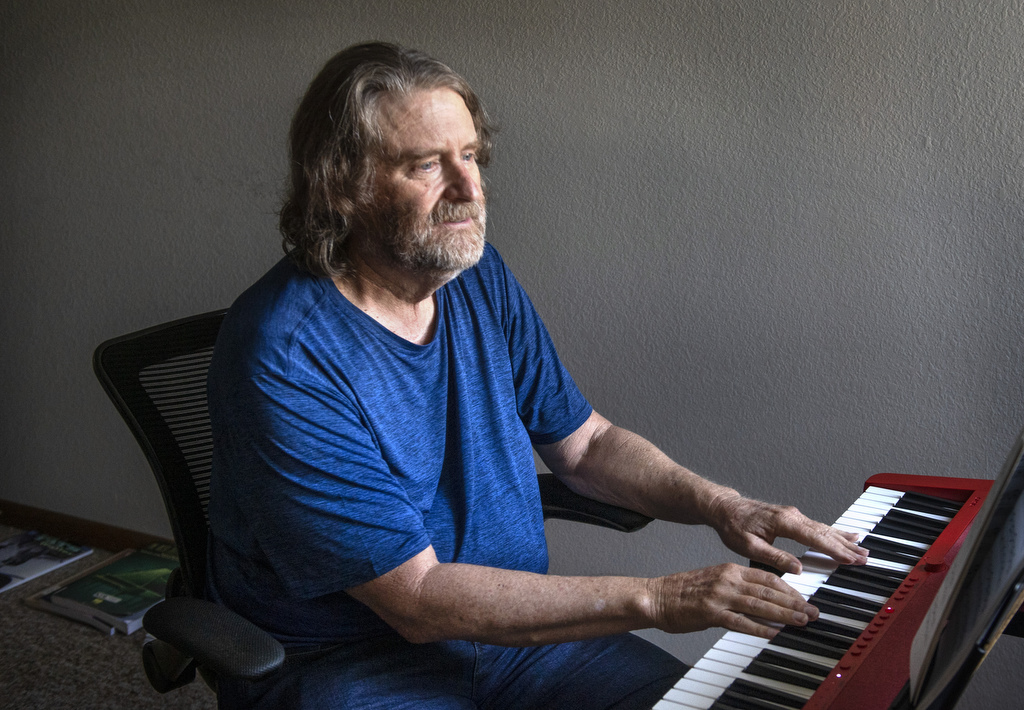
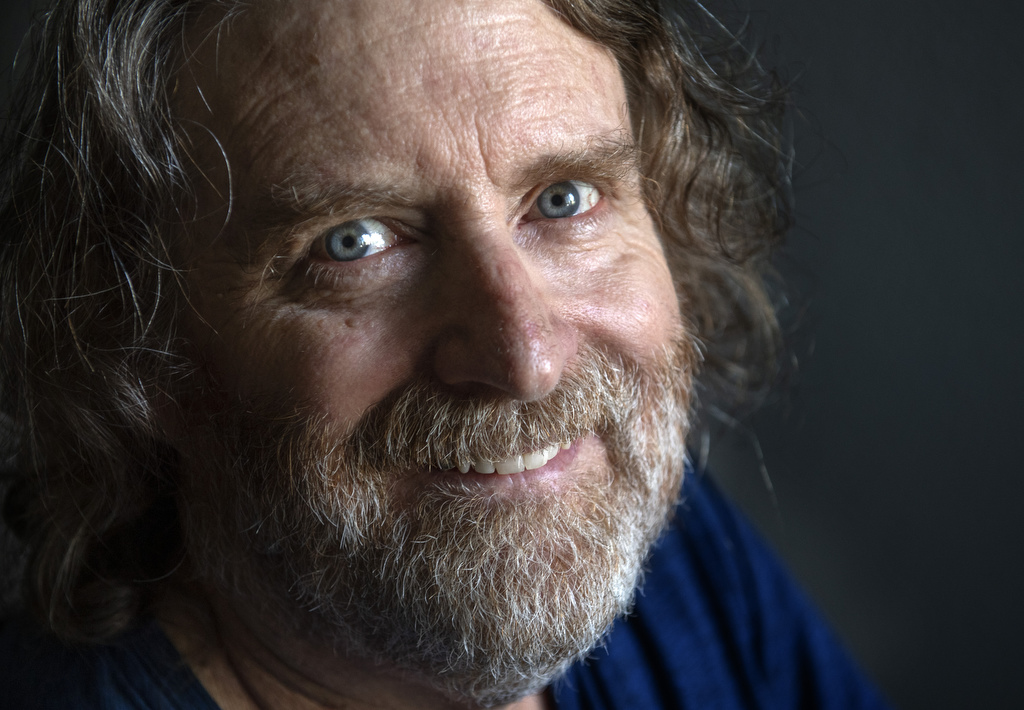
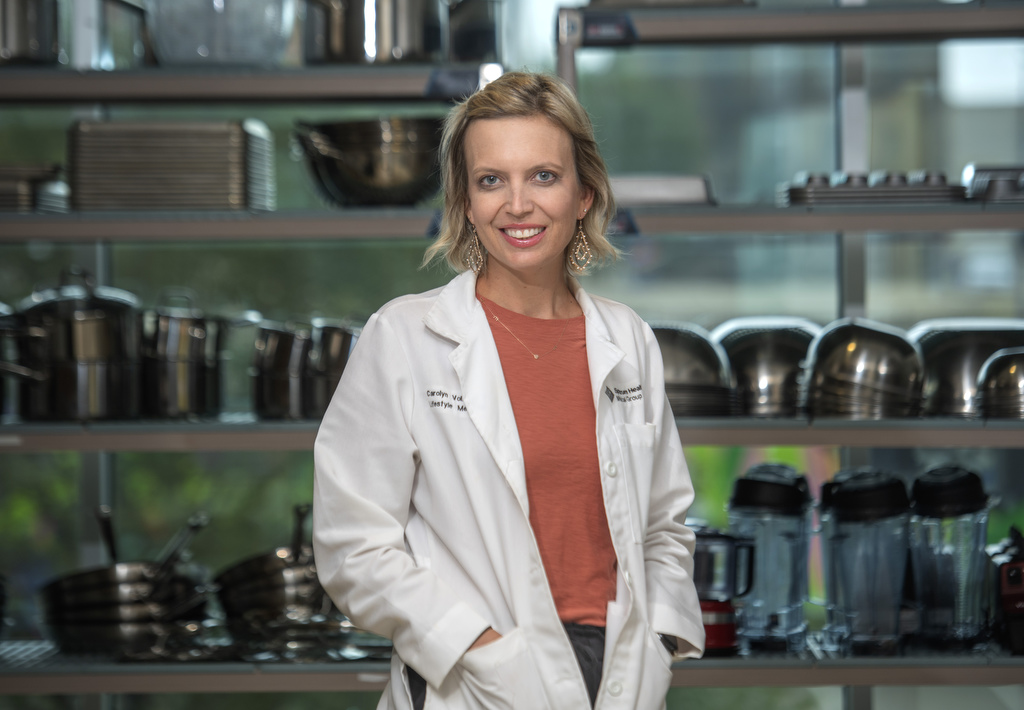
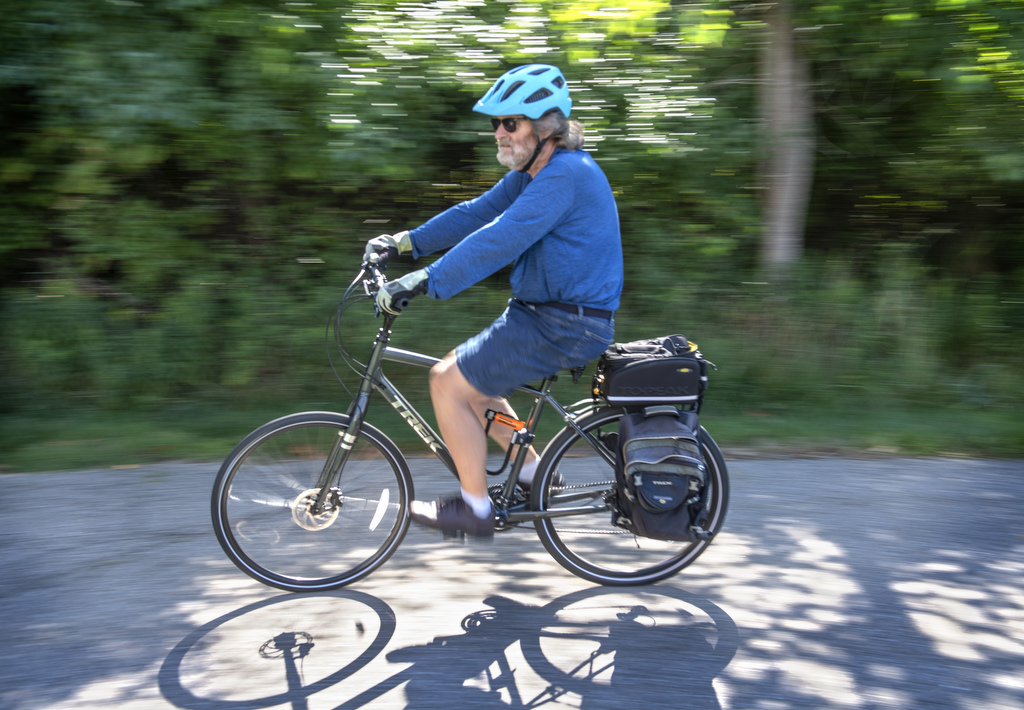
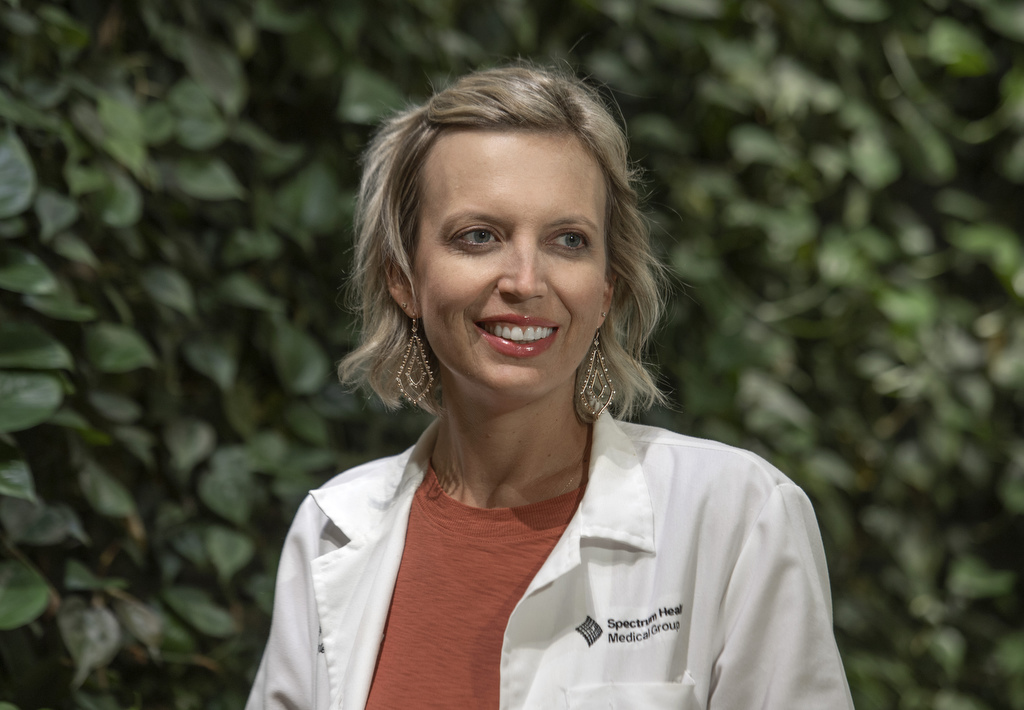
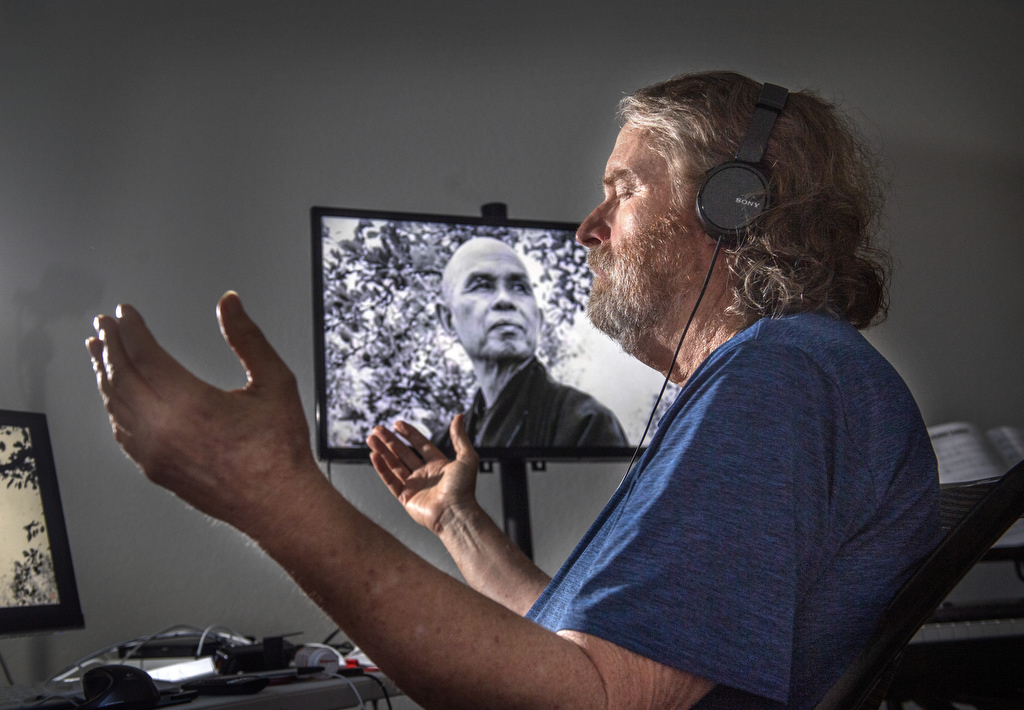

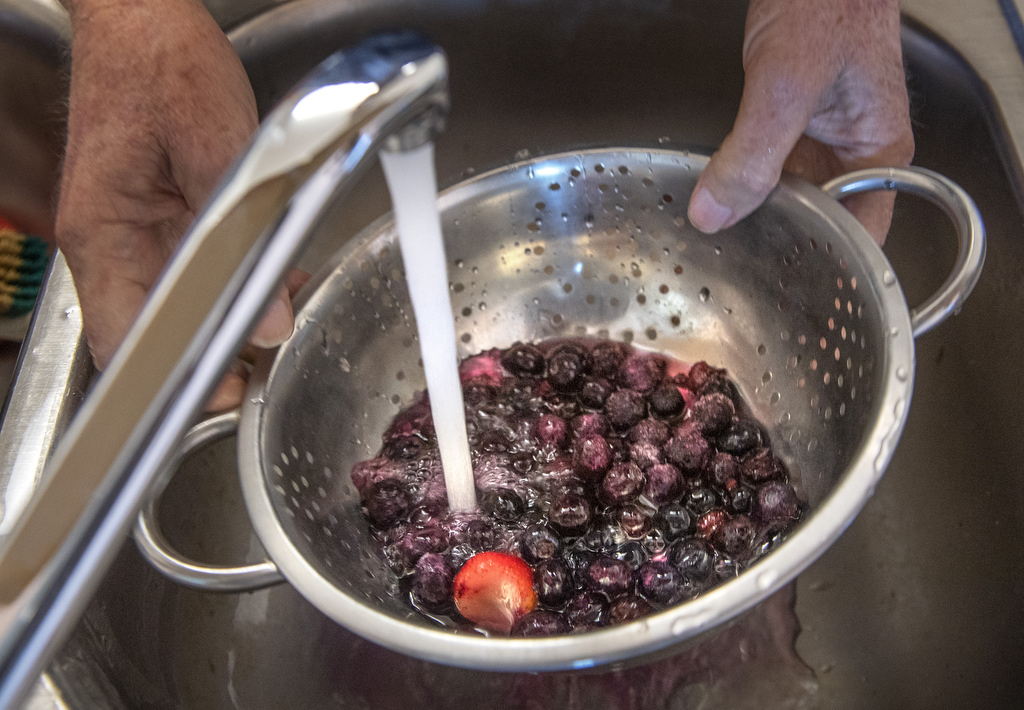
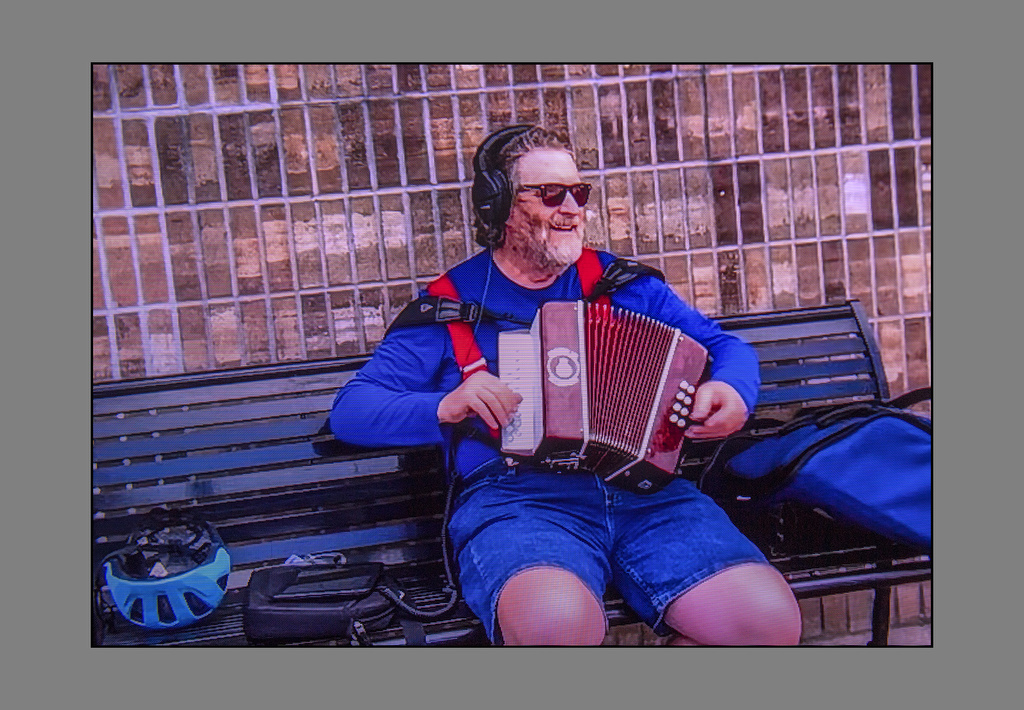
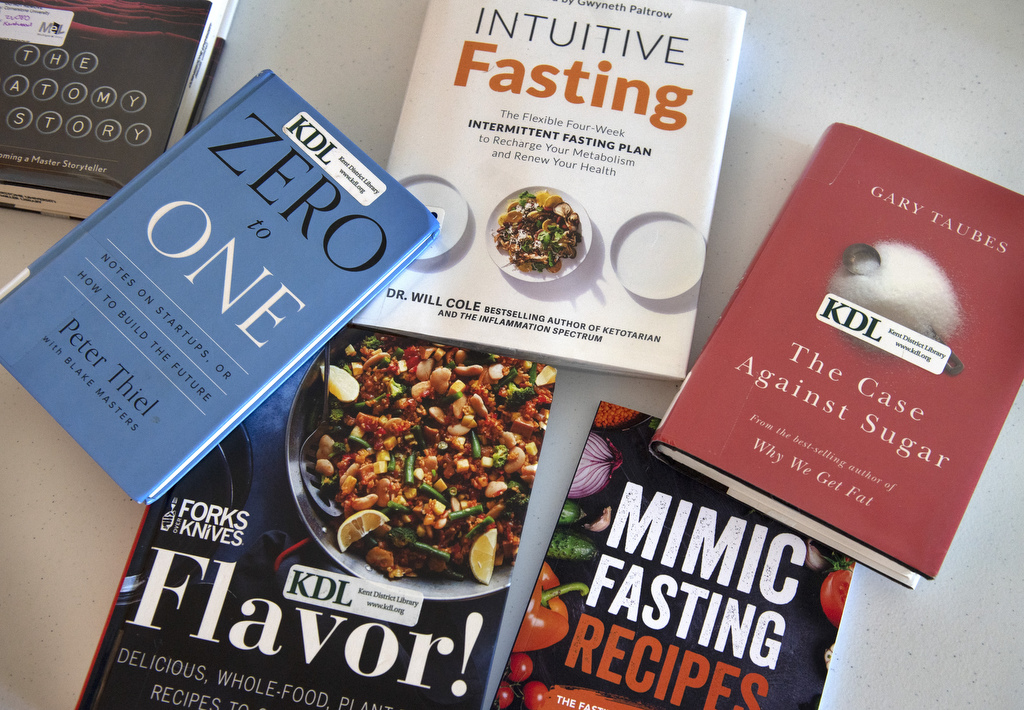
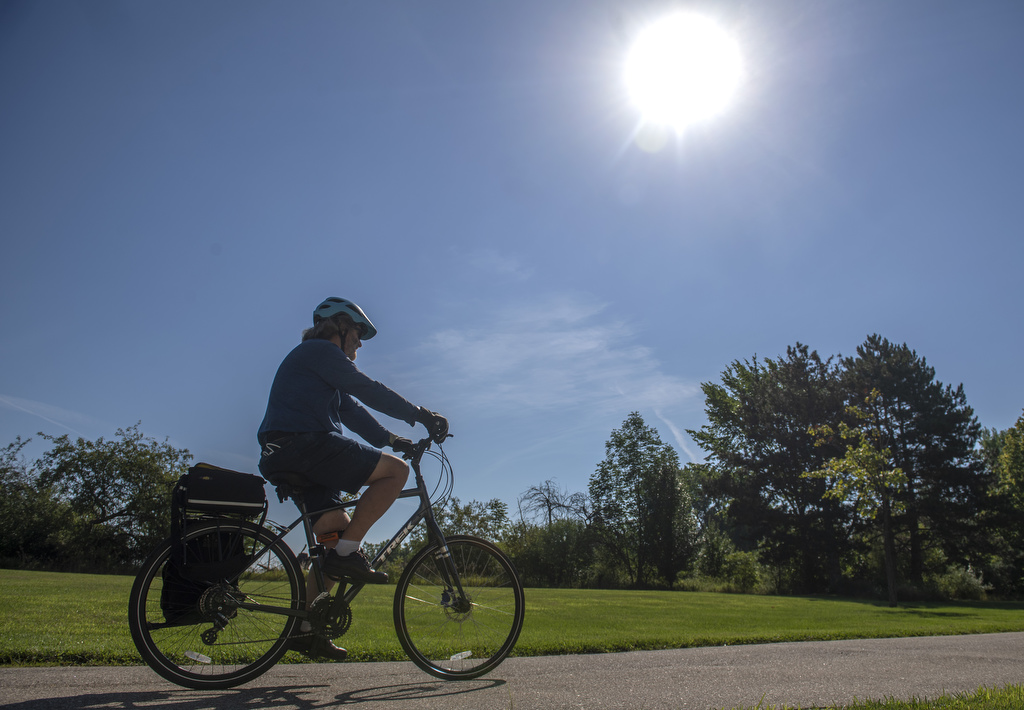
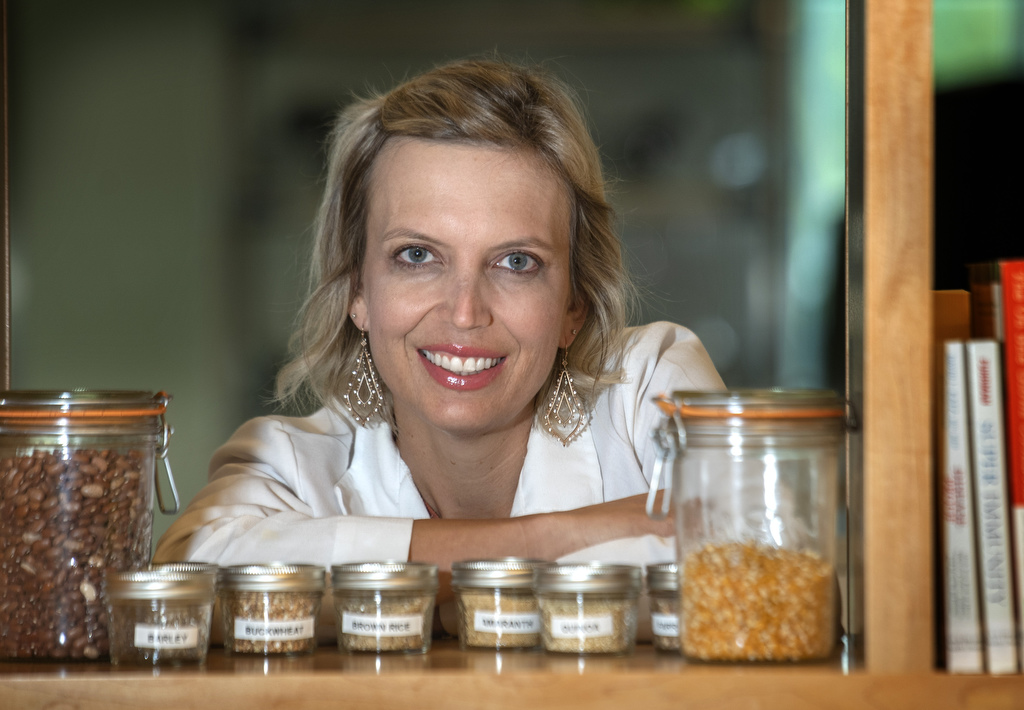
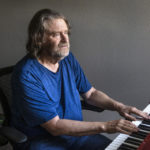
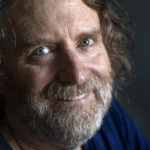


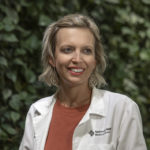
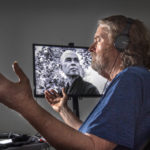
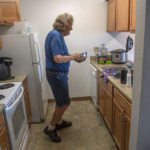





 /a>
/a>
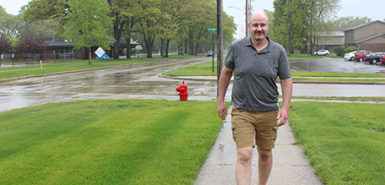 /a>
/a>
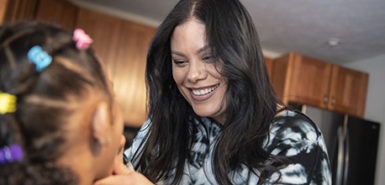 /a>
/a>
What a wonderful story !!